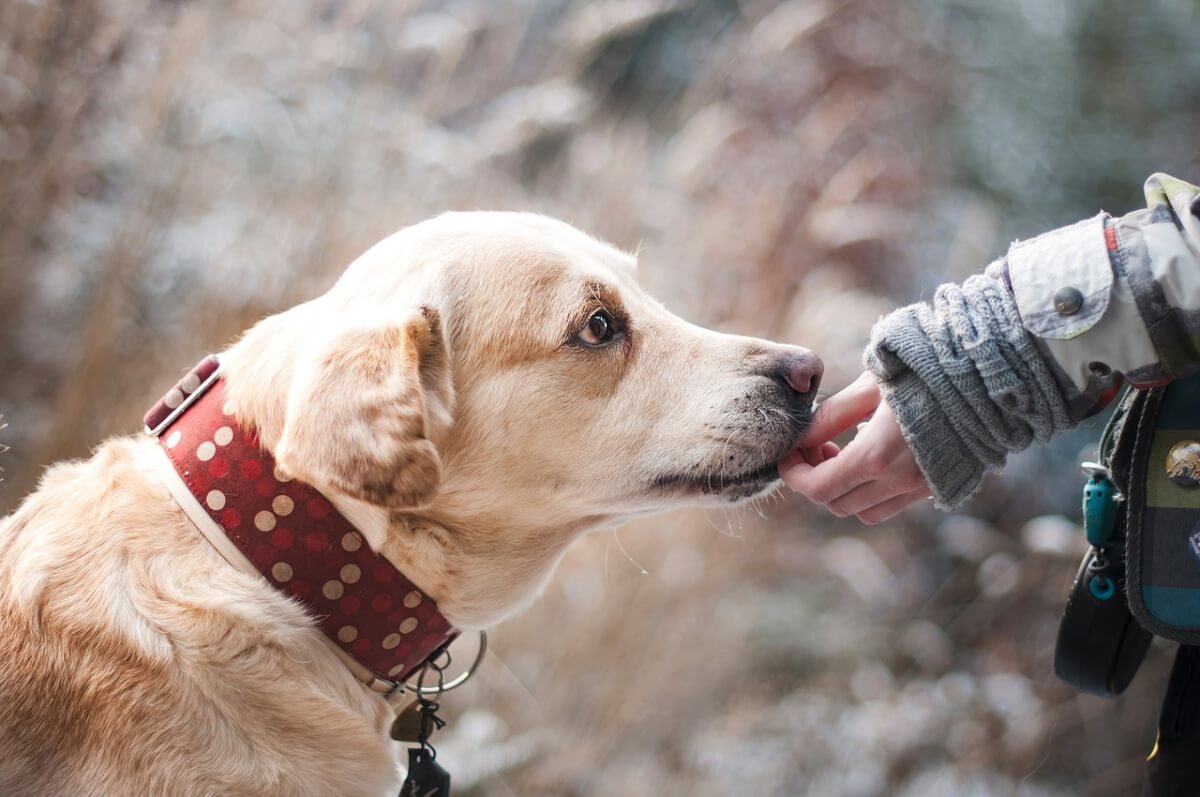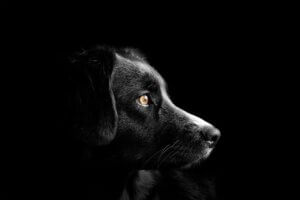Sled dog breeds are characterized by endurance, strength, and intelligence. They are usually medium to larger dogs, with a very muscular build, and have helped mankind transport supplies in times before the automobile.
Nowadays, sled dog breeds are found as pets, as well as trained to participate in sled dog racing.
Sled dogs were developed to withstand very low temperatures. Their coats have a double layer, with the undercoat acting as insulation against the ice and snow. Because they have such thick coats, they need regular brushing and grooming. They also shed a lot, especially at the beginning of summer when they lose a lot of their undercoat. This could be a problem for people with dog allergies.
Traditional sled dog breeds include the Siberian Husky, the Alaskan Malamute, the Chinook, the Sakhalin Husky, the Canadian Eskimo dog, the Seppala Siberian sled dog, the Tamaskan husky, the Samoyed, the Eurohound, the Mackenzie River husky, and the Greenland dog.
Whilst these dogs were purpose bred, many other breeds have been used, including mixed breeds. These days, that tradition lives on in sled dog racing, where the most popular breeds include the Alaskan Husky, and various cross breeds, often based on the German Shorthaired Pointer. However, many breeds have been used, including the poodle!
Alaskan huskies are favored in modern sled dog races because they are faster than traditional breeds like the Alaskan malamute or the samoyed. They are not as strong, but in sled dog racing where speed is important, and the distances are shorter, Alaskan huskies were found to perform better.
Alaskan husky dogs are not a recognized breed. They are bred for their performance, and so they cannot be easily characterized as a breed. Alaskan husky dogs represent a variety of types with different lines. They are hybrid dogs – a husky with another breed, that is determined by the needs and ideas of the breeders. A husky may be bred with a wolf, setters, or any other breed that can bring genetic advantages in speed and endurance.
Sled dog racing is a winter and fall sport where the sled dogs are attached to a sled (or a 3 or 4 wheeled cart in autumn), and pull the driver along. The driver stands on runners. The dogs are harnessed individually, with tug lines attached that are linked into a central gang line. The dogs are linked in pairs, and there are up to 22 dogs in a racing team. Teams race either against the clock, and a winner then announced, or against each other in a seemingly chaotic race. There are dog sled races in three categories – short distance, middle distance, and long distance.
Like the sled dog breeds themselves, the sport of sled dog racing has seen some interesting adaptions to modern times and different climates. In Australia, for example, where there is very little snow, even in winter, sled dog races are held. Here, modified scooters are used, and racing is done on dirt tracks. Australian sled dog racers tend to use all sorts of dogs as sled dogs, including kelpies, english pointers, and red heelers.






